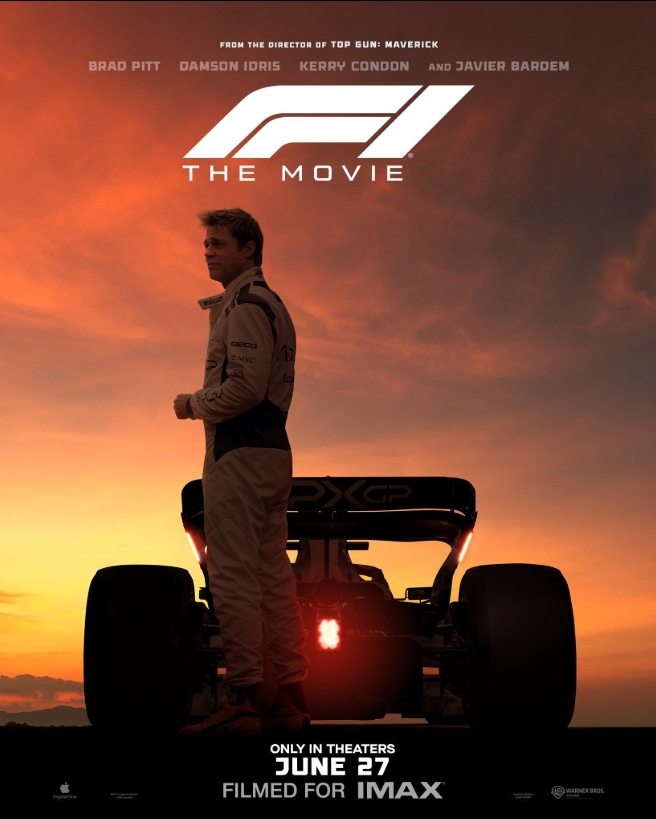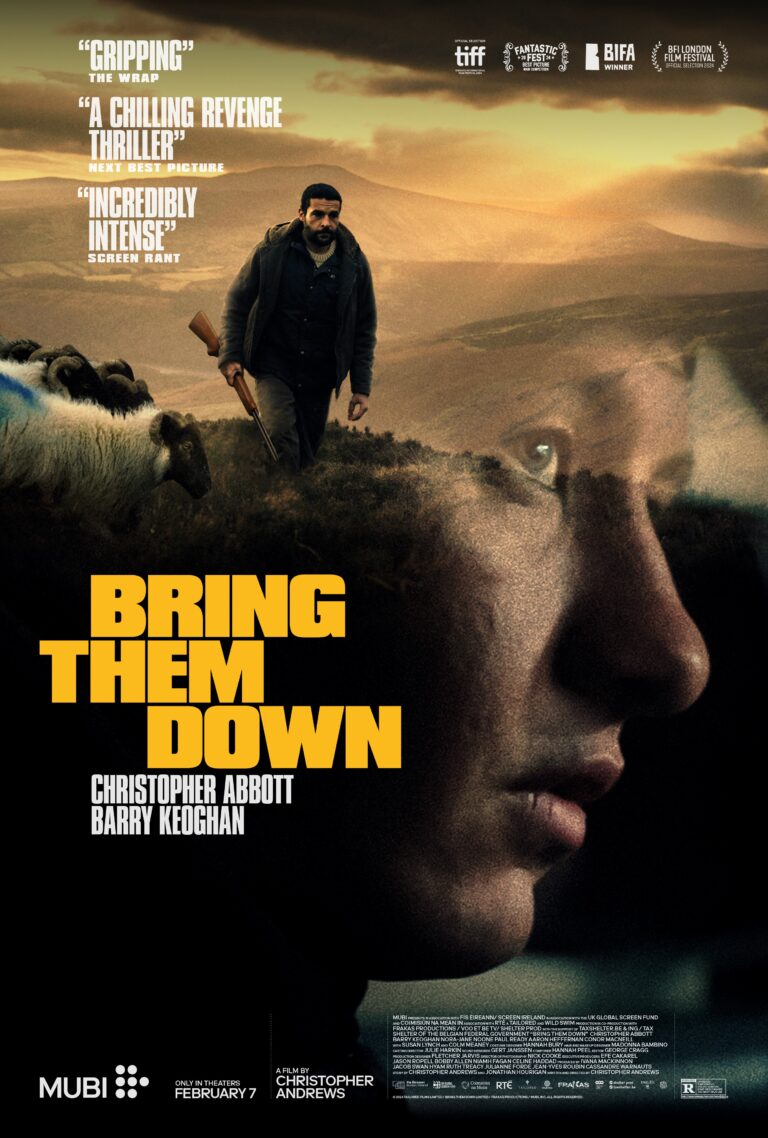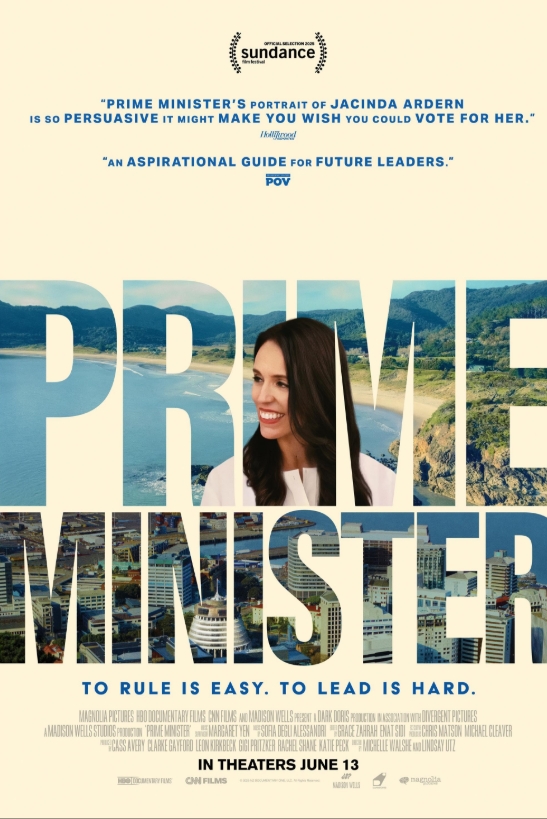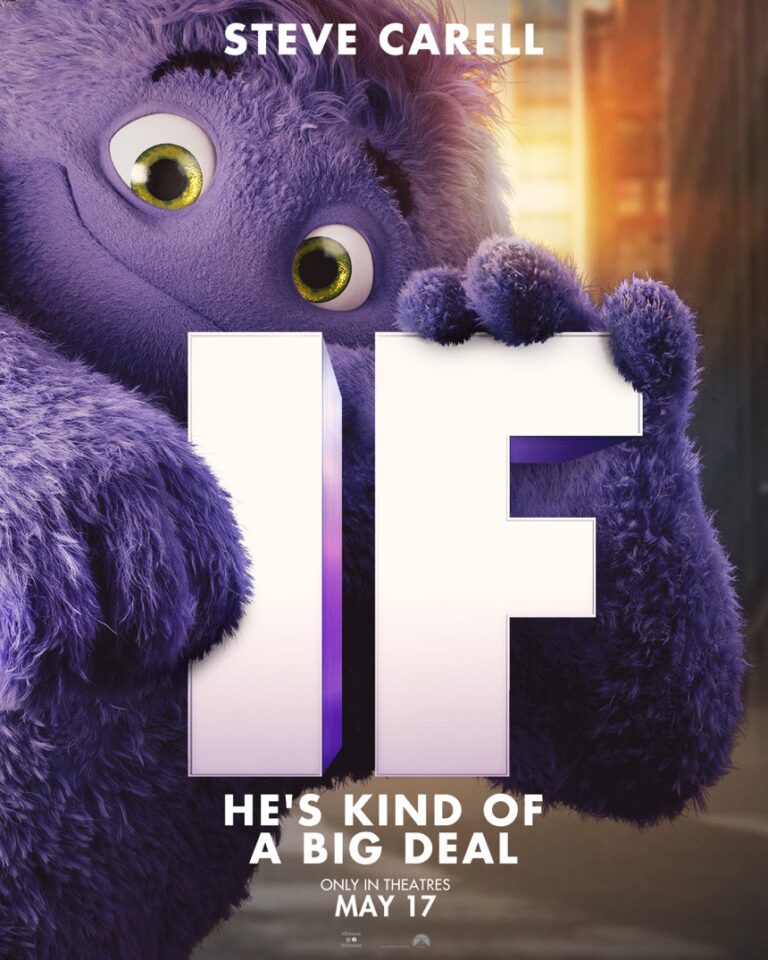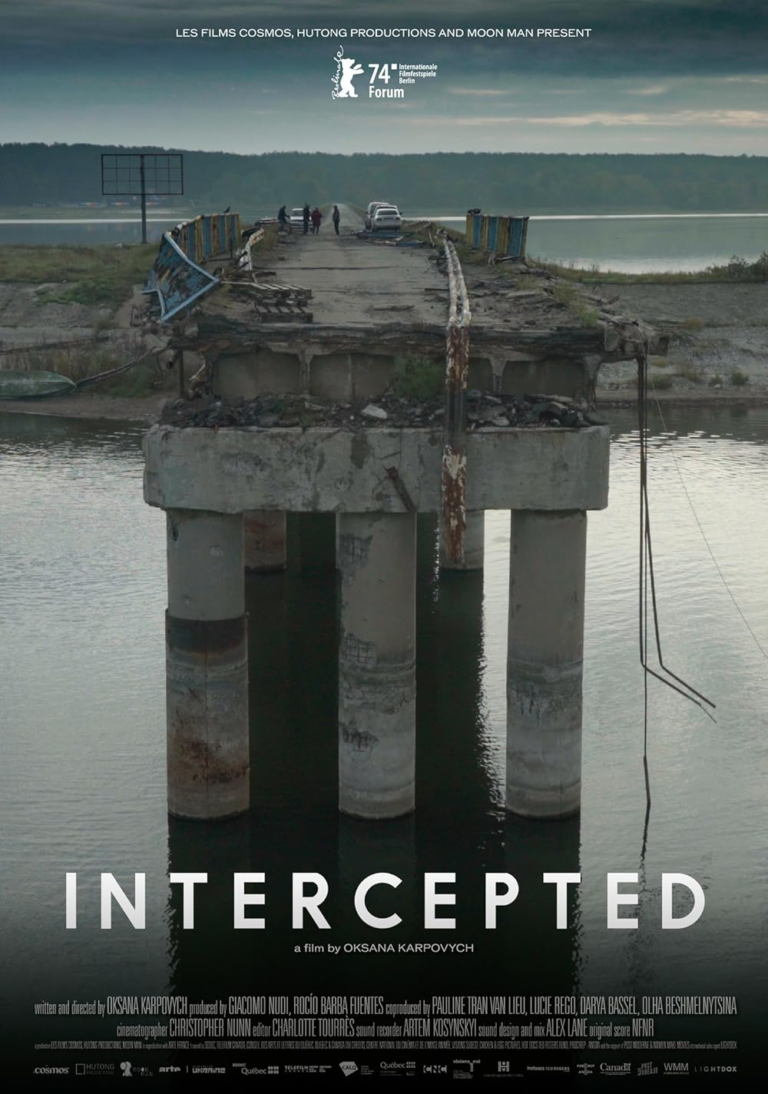Soundtrack to a Coup d’Etat Christian Review
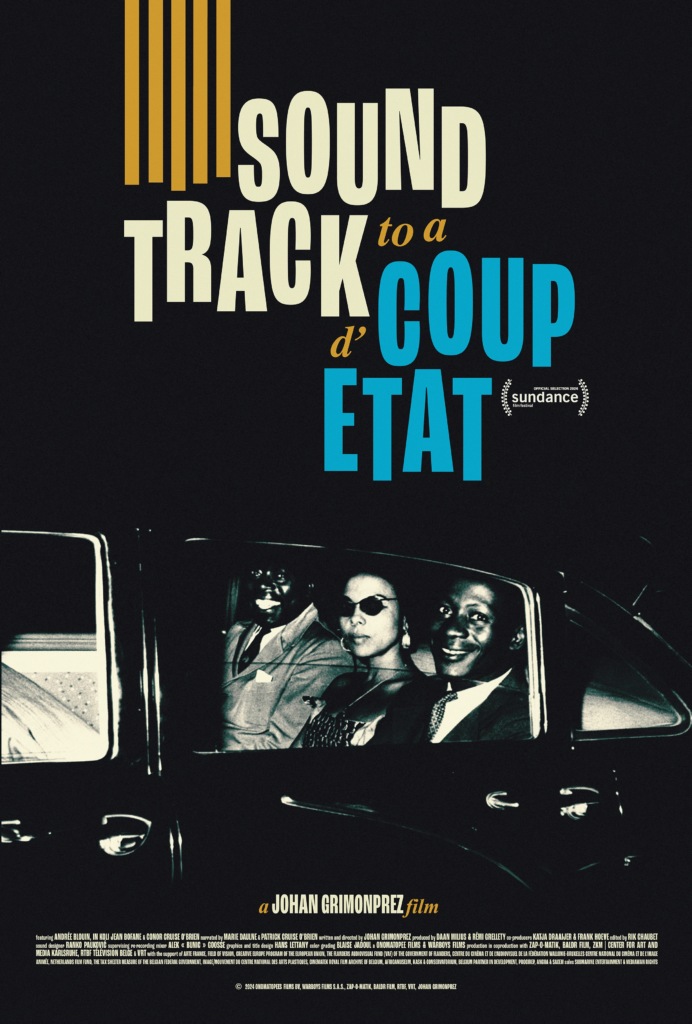
A Cinematic Symphony on Justice and Betrayal
Johan Grimonprez’s Soundtrack to a Coup d’État isn’t your average documentary. The movie feels more like a cinematic symphony, full of layers of sound and image, a whirlwind of color and rhythm, a dive into history’s depths through a kaleidoscope of sights and sounds. But there’s a pulse here, too—a heartbeat of outrage, of grief, and maybe of hope. And for those looking at it from a Christian lens, this film might surprise you with how closely it echoes some familiar truths, calling to mind Scripture, ethics, and a certain quiet courage demanded by faith.
From the outset, the film envelops you in a sensory experience, with music and visuals woven tightly together. If you’re expecting a calm, straightforward documentary, you’re in for something entirely different. This isn’t a linear story; it’s an emotional journey, an exploration. It feels like jazz—a blend of improvisation, spontaneity, and passion. And maybe, in this way, it captures the chaotic essence of history itself. With its unconventional style, Grimonprez presents not just facts but feeling, not just information but immersion.
Themes of Betrayal and Redemption
Patrice Lumumba—the Congolese leader whose story forms the backbone of this documentary—isn’t simply presented as a historical figure but as a person who paid a steep price for his ideals. He’s a figure of defiance, integrity, and ultimately betrayal. The movie paints him as a kind of tragic hero, a David facing a Goliath made up of world powers, colonial interests, and broken promises.
For Christian viewers, Lumumba’s story resonates with a theme that runs throughout Scripture: betrayal. From Joseph being sold by his brothers to Jesus betrayed by Judas, there’s a deep human story here. Like the figures in these biblical narratives, Lumumba becomes a symbol of someone betrayed for standing for something good, something hopeful. And in that sense, the film takes on a nearly redemptive quality—it doesn’t just mourn Lumumba; it celebrates his bravery, reclaiming his memory as one who dared to stand up for justice, despite the towering forces against him.
But while the film captures the tragedy of Lumumba’s fate, it also extends this into a broader narrative about humanity’s shared tendency to betray truth, to misuse power, and to leave justice bleeding on the altar of self-interest. Watching this as a Christian is a wake-up call: a reminder of the countless ways power corrupts, of how promises made by men without integrity quickly disintegrate.
Rhythm and Rebellion: A Powerful Collision of Form and Content
What’s striking is how Grimonprez uses the very tools of cinema to make his point. The documentary is, in many ways, a rebellion. It defies traditional storytelling, eschewing straightforward narration in favor of bold juxtapositions and a dense, rhythmic style. The sound and imagery seem to beat and pulse, propelling the viewer forward into the thick of Lumumba’s life, the injustices he faced, and the conspiracies that cut his mission short.
It’s a form that can feel jarring, especially if you’re used to the usual formula of voiceovers, slow pans, and calm narration. But this documentary feels like a conversation—an urgent one. It isn’t designed to let you passively absorb facts; instead, it throws you into the political and moral storm, forcing you to feel the pressure and tension. And maybe that’s fitting. Justice isn’t always a neatly wrapped package, and neither is this film.
Art as a Double-Edged Sword: A Cautionary Tale
Grimonprez digs into a theme that Christians might find particularly compelling: the way art, and by extension media, can be used both to liberate and to deceive. Just as Lumumba’s life and memory were manipulated by those in power, so can art become a tool of the powerful rather than the people. This is a point that Grimonprez subtly suggests, and it’s a notion that should make us pause. Art, after all, holds enormous influence—it shapes our perceptions, colors our emotions, even crafts the narratives we believe about the world.
From a Christian perspective, this raises essential questions about the media we consume. Are we discerning? Do we question the intentions behind the stories we’re told? Scripture urges believers to seek truth, to hold fast to what is good and honorable. In an age where information is everywhere but truth is elusive, this call is more urgent than ever. Grimonprez’s documentary, in all its density and complexity, prompts us to look harder, to question more, and to understand that even the most beautiful art can be twisted.
Lumumba and the Call for Justice
For those who seek a movie with a clear call to action, Soundtrack to a Coup d’État can be unsettling. It doesn’t wrap up neatly; it doesn’t tell you what to think. But what it does offer is a vivid reminder of the call for justice—a theme woven deeply into Christian teaching. The film brings Lumumba’s spirit of defiance to life, portraying him as a man willing to risk everything for his people’s freedom.
In a way, his struggle mirrors the Christian call to advocate for the oppressed and to seek justice, even in the face of powerful forces. Scripture is filled with passages urging believers to stand against injustice, to be a voice for those who cannot speak, and to defend the downtrodden. This is perhaps one of the film’s most profound gifts: it challenges us not just to feel sympathy but to consider what action for justice might look like in our own lives.
Final Reflections: A Complex, Convicting Experience
This isn’t a documentary you watch once and feel you’ve fully absorbed. Its form and its density demand a second viewing, maybe even a third. But for those who stick with it, Soundtrack to a Coup d’État offers more than just a history lesson. It’s a meditation on the forces that shape our world, the dangers of unchecked power, and the human cost of betrayal.
This film is certainly not without its challenges; its eclectic style can leave even a prepared viewer feeling a bit lost. But as Christians, we’re called to dig deeper, to ask hard questions, and to seek out the truth. In that way, the film is more than just a story—it’s an invitation to see history through fresh eyes, to remember those who have fought for justice, and to recognize our own part in carrying that fight forward.
For all its density, Grimonprez’s work stands as a powerful reminder: the call for justice, truth, and love doesn’t belong to any one time or place. It reverberates across generations, in a soundtrack as timeless as it is necessary.

